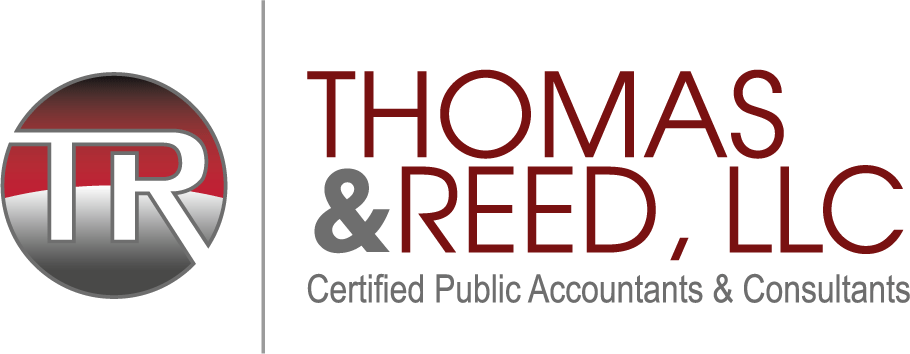The Inflation Reduction Act (IRA) signed by President Biden in August 2022 includes a variety of tax provisions that will impact U.S. businesses and individuals. While some of the changes have received a great deal of media attention, others may come as a surprise to those who have not been following the legislative process closely.
Generally, the changes implemented in the IRA fall into one of eight broad categories:
- Extending the health insurance premium tax credit provisions of the American Rescue Plan Act of 2021 through 2025
- Changing the tax credits for electricity produced from some renewable resources, the energy tax credit and certain fuels
- Extending state and local tax (SALT) limitations
- Adding research credit flexibility
- Extending excess business losses (EBLs)
- Increasing IRS appropriations by $80 billion to improve taxpayer services, increase enforcement and fund other activities
- Establishing a 15% corporate alternative minimum tax
- Imposing a 1% excise tax on corporate stock repurchases
Extension of expanded eligibility for the premium tax credit
The American Rescue Plan Act of 2021 (ARPA) expanded eligibility for the premium tax credit (PTC) by eliminating the phaseout for households with annual incomes of more than 400% of the federal poverty line for 2021 and 2022. The PTC is a refundable credit that helps you pay your premiums for health insurance purchased through the Health Insurance Marketplace. The IRA allows you to take advantage of the expanded PTC eligibility until 2025.
Clean energy and efficiency provisions
The IRA includes 30 provisions that implement a broad range of tax incentives to encourage the use of clean energy and improve energy efficiency. Some of the more notable incentives include:
- A tax credit of up to $7,500 for buyers of qualifying plug-in electric and fuel cell vehicles
- A new tax credit of up to $4,000 for buyers of used plug-in and fule cell vehicles
- A new tax credit of up to $7,500 for qualified commercial clean vehicles
- Increasing the 10% tax credit for qualified energy efficiency improvements for residential property to 30%
- Extending the residential clean energy credit through 2024
SALT limitation extension
The IRA extended the $10,000 ($5,000 MFS) state and local tax (SALT) limitation through 2026. The $10,000 cap on the SALT deduction that was included in the Tax Cuts and Jobs Act was set to expire Dec. 31, 2025.
Minimum corporate tax
The IRA creates a new 15% alternative minimum tax on the adjusted financial statement income (book income) of corporations with income of at least $1 billion during the previous three years. Corporations that have existed for fewer than three years will be taxed based on their book income in the years they have been in existence. The tax will apply to taxable years beginning after Dec. 31, 2022.
The tax will not apply to subchapter S corporations, real estate investment trusts (REITs) and regulated investment companies (RICs). The new tax will apply to large private equity firms organized as partnerships, but not portfolio companies owned by those firms.
